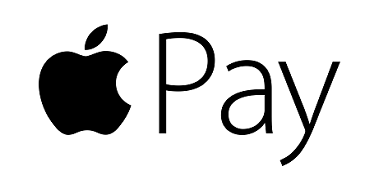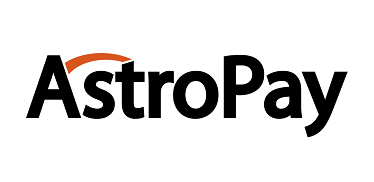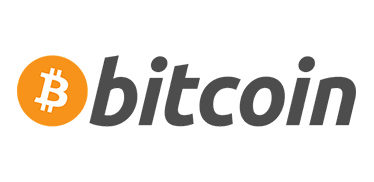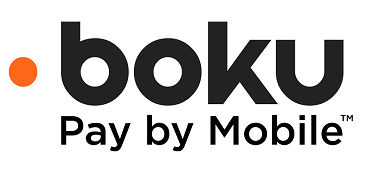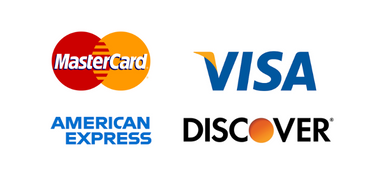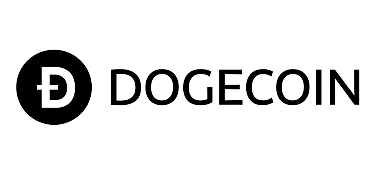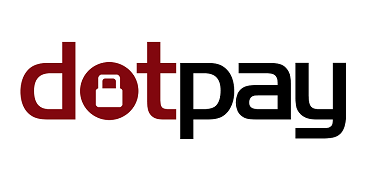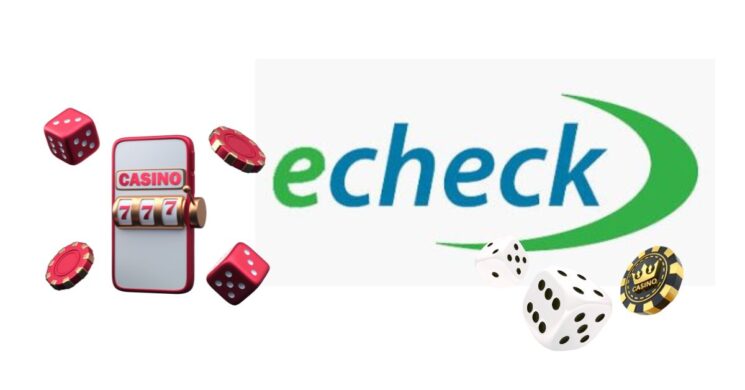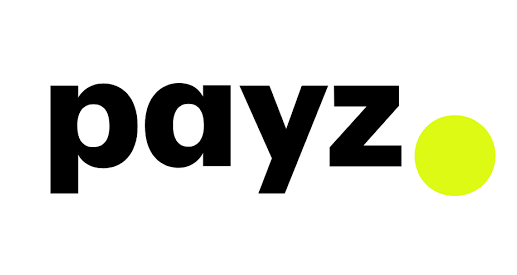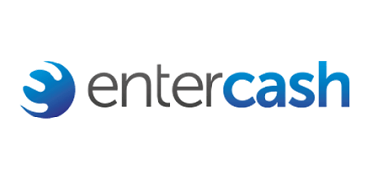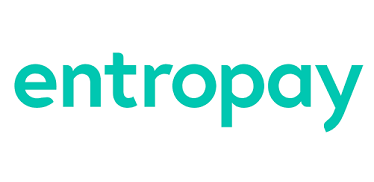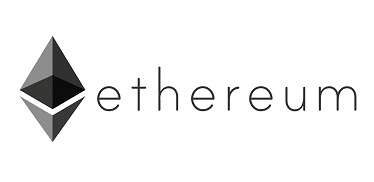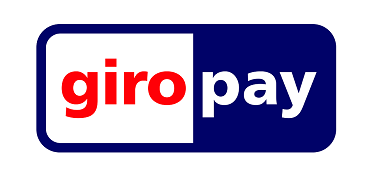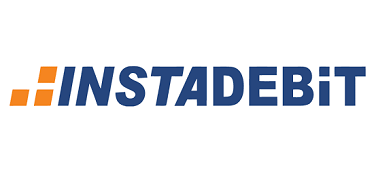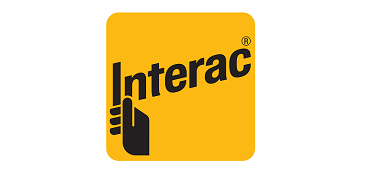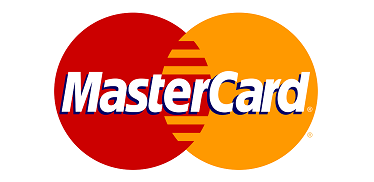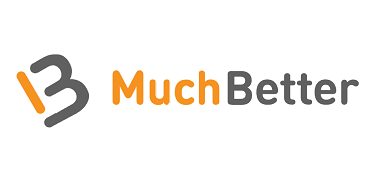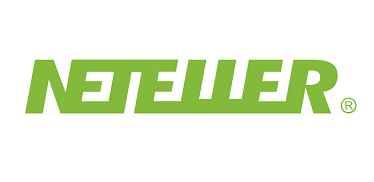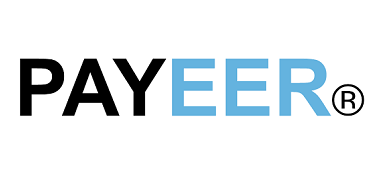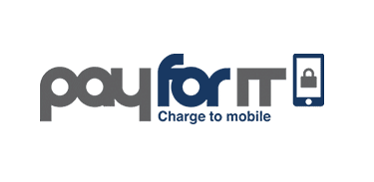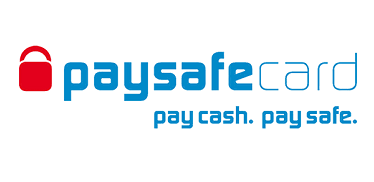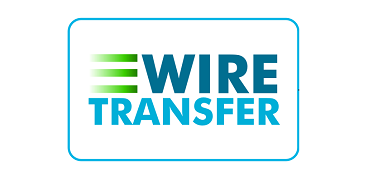History of Litecoin
Litecoin (abbreviated as LTC) was developed and launched by computer scientist Charlie Lee in 2011, who was dissatisfied with many of the operational aspects of Bitcoin, which was skyrocketing in popularity at the time.
In particular, Lee took issue with the fact that most of the fastest ways to mine Bitcoin was done with certain computer components that were prohibitively expensive for a large majority of users. Given that accessibility was one of the core tenets of cryptocurrency in the first place, Lee developed a new cryptocurrency in his spare time while working at Google, intending this new coin to be easier to mine on most hardware.
Litecoin would officially become the first major altcoin on the public market after the blockchain's launch in October 2011.
Best Litecoin Casinos in Canada
When it comes to finding the best Litecoin casinos in Canada, our team at InsideCasino takes the guesswork out of the process by meticulously reviewing and ranking the top Litecoin casino sites available. We prioritize player safety, game variety, payment speed, and promotional value to ensure our readers access the highest quality options in the market.
Top Litecoin Casinos in January 2025
- Jackpot City Casino – $4000 Bonus + 210 Free Spins
- TonyBet Casino – $2,500 + 150 Free Spins
- Only Win Casino – $3,000 Bonus + 210 Free Spins
- Betplays – $5000 & 750 Free Spins
- Red Spins Casino – $500 + 200 Free Spins
1. Jackpot City Casino
Jackpot City Casino, established in 1998, has built a solid reputation in the online gaming industry. It offers a vast selection of over 6,000 games from leading developers such as NetEnt, Evolution Gaming, and Microgaming, ensuring a diverse and engaging experience for players. The casino provides a generous welcome bonus of up to $4,000 and 210 free spins, enhancing its appeal to new players. Jackpot City supports a variety of payment methods, including Litecoin, catering to the preferences of cryptocurrency users.
Jackpot City Casino Review
2. TonyBet Casino
TonyBet Casino offers a comprehensive online gaming experience, featuring over 8,400 games—including slots, table games, and live dealer options—to cater to diverse player preferences. New users are welcomed with a generous package of up to $2,500 and 150 free spins, enhancing the initial gaming journey. The platform supports various payment methods, including cryptocurrencies like Litecoin, providing flexibility and convenience.
TonyBet Casino Review
3. Only Win Casino
OnlyWin Casino makes a strong impression with its four-tier welcome package that offers up to $3,000 and 210 free spins, giving new players a big boost on their first deposits. The casino also provides 24/7 live chat support, ensuring help is always available for any questions or issues. With great bonuses, flexible payment options—including cryptocurrency—and reliable customer service, OnlyWin creates an easy and enjoyable gaming experience.
OnlyWin Casino Review
4. Betplays
Betplays Casino delivers an all-around online gaming experience with a huge variety of games and a strong sportsbook. Players can dive into slots, table games, and live dealer options, so there’s something for everyone. The platform makes payments easy, accepting different methods, including Litecoin. Plus, their 24/7 customer support ensures help is always available. To top it off, Betplays offers live casino cashback deals, adding extra value to your gameplay.
Betplays Casino Review
5. Red Spins
Red Spins Casino offers a smooth and straightforward gaming experience with an intuitive platform and an impressive selection of games from popular developers like NetEnt and Evolution Gaming. Players can choose from multiple currencies, including Litecoin, adding to the flexibility. The casino’s loyalty points system is a nice bonus, rewarding frequent players with extra perks. With 24/7 live chat support, assistance is readily available whenever needed. This combination of diverse games, convenient payment options, and responsive customer service makes Red Spins a top pick for online gamers.
Red Spins Casino Review
Litecoin vs. Bitcoin
Since it was designed from inception as a better alternative to Bitcoin payments, the main question here is "what makes Litecoin so different?" Believe it or not, the answer is a bit more interesting than you might expect.
From a functional standpoint, *there is virtually no difference between Litecoin and Bitcoin*. Both of them operate on the same basic concept of a network of unique encrypted tokens or 'coins' that are mined and stored on computers owned by the network's users. As we mentioned, though, there are a few differences that set Litecoin apart:
* Litecoin uses Scrypt instead of Bitcoin's SHA-256 cryptographic algorithm, which means most computer hardware can mine Litecoin more easily.
* Litecoin has a higher supply limit of 84 million coins, as opposed to Bitcoin's limit of only 21 million. With more supply, of course, means a generally lower price per coin.
* Litecoin processes a block around every 2 and a half minutes compared to Bitcoin at around 10 minutes, which allows for faster processing of transactions.
How to Play at Online Casinos with Litecoin
To actually use Lite coin as your payment method for Canadian gambling, you will first need to 1) get Litecoin; and 2) register at a Litecoin casino. We’ll break down the process in more detail in the following sections.
Getting Litecoin
You can acquire Litecoin in one of two ways: mining and trading. While mining cryptocurrency is generally still viable today, the process of actually setting up your computer to mine LTC is too complex for the purposes of this article, so we will be focusing on the trading aspect.
Trading LTC is, in essence, no different from trading stocks or foreign currencies. To do this, you will need:
- A cryptocurrency wallet;
- An account at a cryptocurrency trading site; and
- Money that you will use to exchange to LTC.
Coinbase is arguably the simplest way to start trading LTC as the firm provides both the cryptocurrency wallet and the trading platform that you will need, all in one place. However, there are dozens of other options that could take a bit more time to explore but are beyond the scope of this article.
Once you have everything set up, converting your CAD to LTC is just a matter of trading. You trade CAD with a broker on a cryptocurrency exchange and voila! You now have Litecoin to use at a litecoin casino.
Using Litecoin
To use your new cryptocurrency at an online casino, the process is more or less like using any other payment method, which is as follows:
- Log in to your online casino account.
- Go to the currency deposit method and choose Litecoin as your payment method.
- Connect to your cryptocurrency wallet and confirm the transaction.
- Wait for the transaction to complete processing. This should only take a couple of minutes at most.
- Start playing!
Yes, the process really is that easy. But as with all cryptocurrencies in general, using Litecoin as your preferred payment method at online casinos in Canada does have a few drawbacks that you need to be aware of.
For one, there is the issue of availability. The process of getting Litecoin is one thing, but finding online casinos that accept LTC as a payment method in the first place is a different issue altogether. At the time of writing, Bitcoin is still arguably the most widespread cryptocurrency in the online casino market right now—far more popular than LTC.
That being said, many online casinos that do accept cryptocurrency of any kind are likely to also take LTC and other coins. Be sure to check out our payment methods pages for more details on this, especially as the market continues to grow.
Security is another major concern when it comes to handling cryptocurrency. While all blockchains are meant to be decentralized—and therefore more secure—by design, handling coins properly is still the full responsibility of the users.
If, for instance, you make a mistake in sending LTC to the wrong address, it is almost guaranteed that that amount is lost forever. Cryptocurrency does not yet have any safeguards in place to prevent this from happening, so a very keen eye and triple-checking your transactions are essential to making your cryptocurrency experience smoother.
Finally, there is the issue of value. Like all other cryptocurrencies right now, the value of Litecoin is extremely volatile and is subject to significant fluctuations over the course of a single day—not to mention any major spikes or drops that occur in response to trends and events.
What this means is that you might find it difficult to use Litecoin knowing that, at any moment, the value of LTC could skyrocket up after you’ve deposited it into your casino account, which typically converts that value into its equivalent fiat currency.
Litecoin Casino FAQs
What is the best Litecoin casino?
The best Litecoin casinos are the ones with fast and reliable payment processing, strong security systems, and fair terms of service to help ensure that your cryptocurrency is handled properly by the casino.
Can you gamble online with Litecoin?
Yes, you can gamble online with Litecoin at online casino sites that accept Litecoin as a payment method.
Are Litecoin casinos legal?
Yes, Litecoin casinos are legal as long as they meet all of the requirements expected of a legitimate casino site. Every legitimate online casino should, at the very least, have a valid and current license to operate from a reputable casino regulator.
How do you play Litecoin with casinos?
To play casinos with Litecoin, you need to acquire Litecoin and have it in a crypto-wallet, then use the cryptocurrency as your payment method at an online casino that accepts the coin.
How do I withdraw my Litecoin from a casino site?
To withdraw your Litecoin from a casino site, you need to transfer the coins from your casino account to a cryptocurrency wallet. Alternatively, some casinos may allow you to convert your Litecoin into a fiat currency like Canadian dollars based on a market exchange rate.
Why is Litecoin so fast?
One of the reasons why Litecoin is such a fast payment method is because of the blockchain's processing time, which is designed to handle transactions more quickly than Bitcoin.


